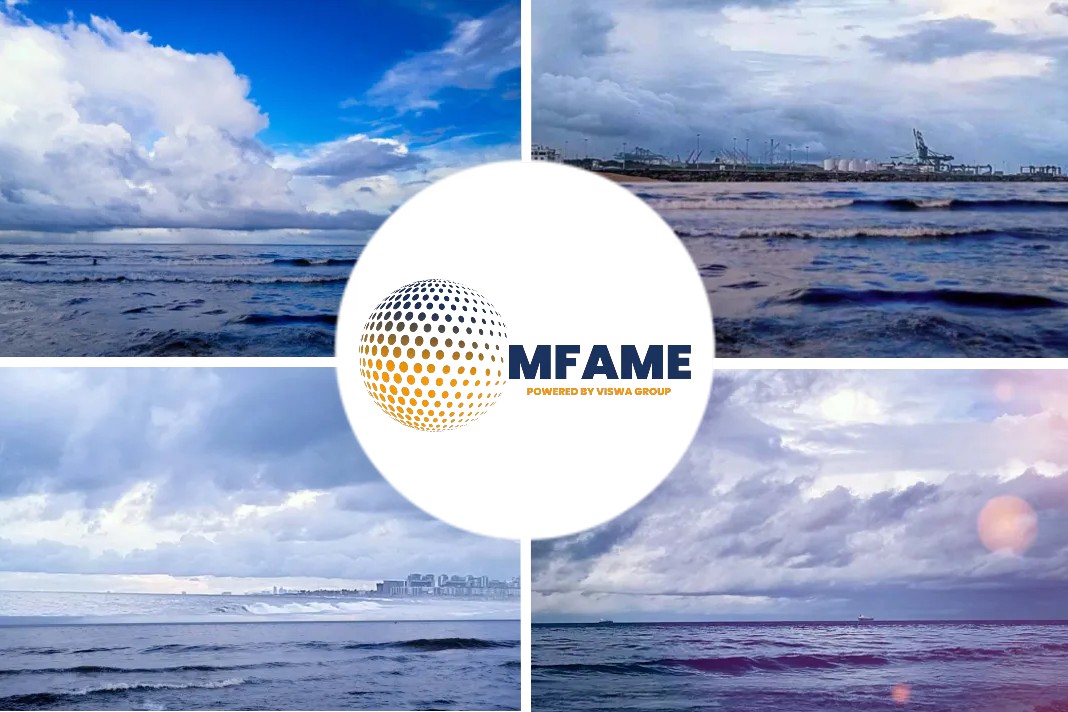The Shifts Project, involving leading academic institutions and researchers, has launched a case study to apply computer-based machine learning (ML) and artificial intelligence (AI) technologies to determine how to tackle hull and propulsion fouling, reports Riviera.
Vessel data
Athens-based DeepSea Technologies has joined Swiss university HES-SO Valais and the University of Cambridge in this research.
The distributional shift of data in maritime that comes from applying ML and AI, when the entire ship data set moves over time such as hull fouling, will be studied.
Underwater objects and structures suffer fouling when organisms attach themselves, impacting operational inefficiencies, vessel performance, fuel consumption and emissons.
Vessel data can be used to calculate how to counter fouling by providing information to shipowners, operators and managers to make informed decisions for hull cleaning and coatings.
Understanding how ship data shifts over time is important to accurately model vessels, unlocking shipping’s decarbonisation potential and minimising fuel waste.
“This is an internationally important research field for all of AI, and managing distributional shift is a topic we have been focused on since our inception,” said DeepSea head research scientist Antonis Nikitakis.
Outcome
“It is a critical prerequisite to using the technology to generate real impact for companies both now and in the future,” he said.
This project follows on from DeepSea’s research focused on creating rigorous standards for AI within the industry.
“This was in response to the growing need of consumers to fully understand what they are getting when they consider adding AI as an optimisation tool,” said Dr Nikitakis.
The development of robust models is important to enable the effective deployment of AI-based technologies to reduce the carbon footprint of global supply chains.
Results from the Shifts Project will also act as a stamp of approval for all companies working with AI in the shipping industry.
DeepSea co-founder Konstantinos Kyriakopoulos said Deepsea has built an AI research team of 13 researchers. “We feel a responsibility to increase industry awareness of the challenges associated with using AI in shipping,” said Mr Kyriakopoulos.
“This is also vital to the success of all serious companies in the field. We encourage any shipping AI company involved in vessel modelling to join the challenge and prove the accuracy and applicability of their technology to fast-track shipping’s decarbonisation, cementing AI’s rightful position as an indispensable tool in maritime.”
Did you subscribe to our daily Newsletter?
It’s Free! Click here to Subscribe
Source: Riviera






















